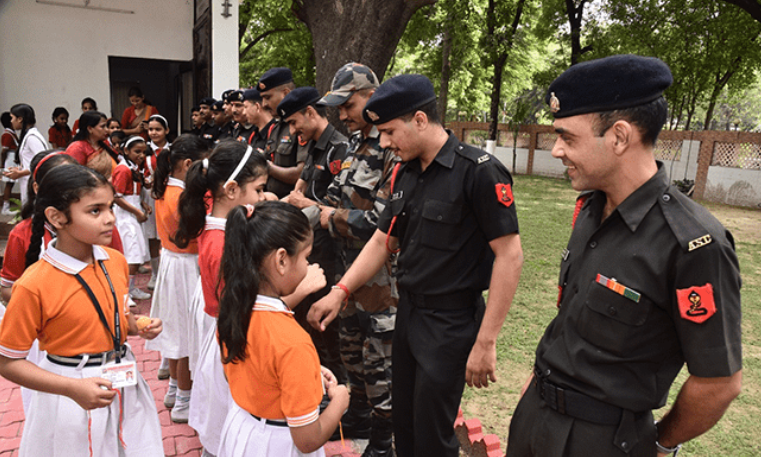Last week in a controversial move, India revoked the auto-nomous status of Jammu and Kashmir, allowing India greater authority over the state’s affairs. The announce-ment fanned tension with Pakistan, which also claims the region and has fought India over it for more than seven decades. At least 28 000 Indian security forces have been deployed; in the capital city Srinagar, a lockdown has been implemented that suspended communication and internet links, and a strict curfew has been imposed. The militant presence raises serious concerns for the health, safety, and freedoms of the Kashmiri people.
Since the insurgency of Kashmir in 1989, the state has experienced bloody conflict from both sides, resulting in more than 50 000 deaths. According to a report by the UN High Commissioner for Human Rights, published last month, gross human rights violations by state security forces and armed groups have occurred, including cross-border firings, sexual violence, enforced disappearances, and acts of terrorism. The report emphasises continued use of excessive force against civilians—for example, the use of pellet-firing shotguns has led to 1253 people beingblinded between 2016 and 2018. Both India and Pakistan have largely dismissed the report’s recommendations to end the abuse.
Despite decades of instability, developmental indicators suggest that Kashmir is doing well compared with the rest of India. In 2016, life expectancy was 68·3 years for men and 71·8 years for women, which are greater than the respective national averages. However, the protracted exposure to violence has led to a formidable mental health crisis. A Médecins Sans Frontières study in two rural districts affected by conflict stated that nearly half of Kashmiris rarely felt safe and of those who had lost a family member to violence, one in five had witnessed the death firsthand. Therefore, it is unsurprising that people in the region have increased anxiety, depression, and post-traumatic stress disorder.
Prime Minister Narendra Modi vows that his decision to revoke autonomy will bring prosperity to Kashmir. But first, the people of Kashmir need healing from the deep wounds of this decades-old conflict, not subjugation to further violence and alienation.
This story first appeared in The Lancet on August 23, 2019 here.






